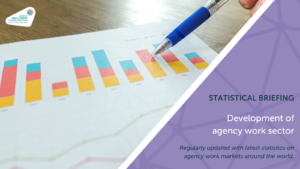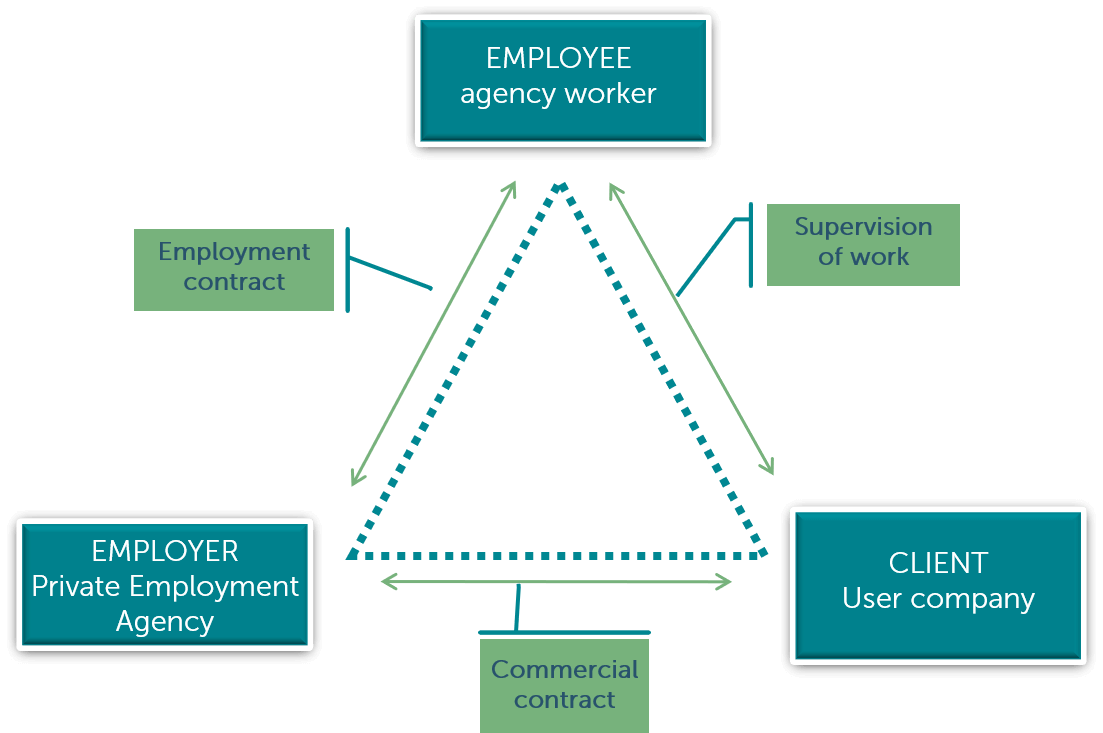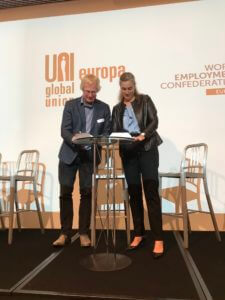Agency work is an internationally recognised and regulated form of employment. The agency worker has an employment contract with the employment agency. They are then deployed to a user firm and work under the guidance and supervision of the user company.
This “triangular employment relationship” improves allocation within the labour market. It allows workers to gain easy access to work and different work experiences as well as to combine work with other life choices and responsibilities. By using agency work businesses can quickly find new workers and easily expand human resources when needed.

The Covid-19 pandemic that hit the world in 2020 has posed an unprecedented, major challenge to economies and societies around the world.
Find out what the private employment services sector has put in place to mitigate the impacts on its workers and its activities. If you want to have a clear picture of how the pandemic and subsequent economic shocks have affected agency work markets across the world, consult our regularly updated data brief.
The agency work sector in Europe is well-regulated by several pieces of EU legislation, the main one being Directive 208/104/EC on Temporary Agency Work adopted in 2008. The Directive has dual objectives: to ensure the protection of temporary agency workers in Europe and to establish a suitable framework for the use of temporary agency work services. Its main provisions include:

European regulation of agency work follows the principles established at international level by Convention 181 on Private Employment Agencies adopted by the International Labour Organisation (ILO) in 1997.
Read more about the international regulatory framework for agency work on the World Employment Confederation website.


The World Employment Confederation-Europe regularly engages in research projects with external partners to further explore the evolution of labour markets and the role of the private employment industry in the changing world of work.
Much of this research work is conducted through the EU Sectoral Social Dialogue for Temporary Agency Work. Every three years, the World Employment Confederation-Europe and UNI Europa – the recognised social partners representing employers’ and workers’ organisations respectively – focus on a different theme that further deepens knowledge on the sector.
Topics covered so far include:
The social partners usually adopt joint recommendations to advance the agency work sector. Find out more about those on our Social Dialogue page.